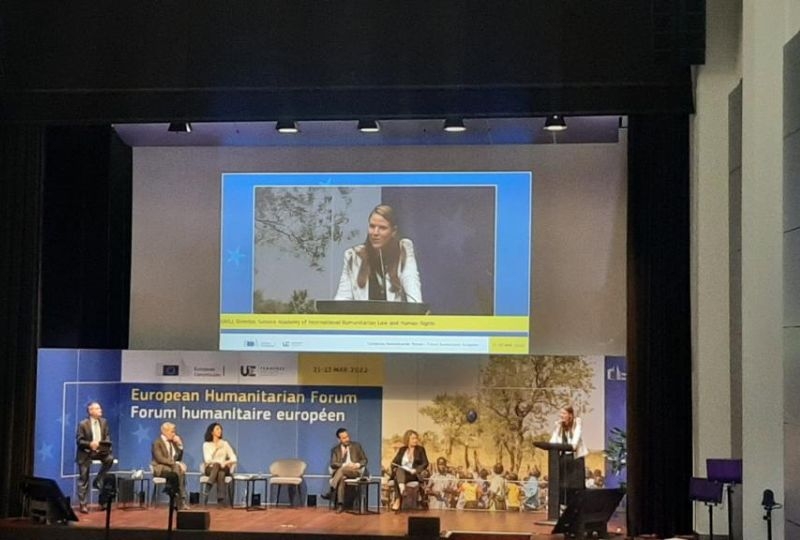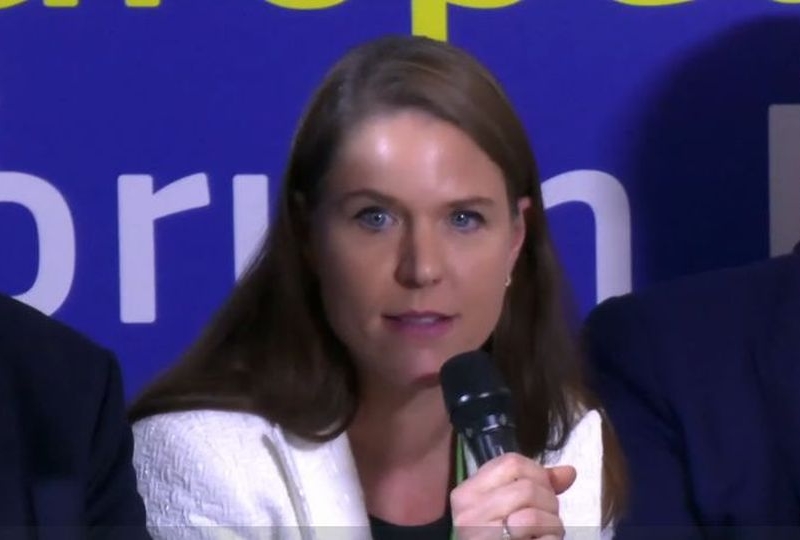Professor Gaggioli also spoke at a session on the importance of engaging with non-state armed groups in armed conflicts, in order to ensure access to civilians living under their control and the provision of humanitarian aid.
‘We witness a worrying shrinking of the humanitarian space, especially in the context of the fight against terror: today more than ever, we need to reiterate that humanitarian action is impossible without the engagement of non-State armed groups’ says Professor Gaggioli.
‘At the Geneva Academy, we have been conducting research for more than 10 years on armed non-State actors (ANSAs) and are one of the leading research institutions on their study. Our current project – From Words to Deeds – aims precisely at increasing our knowledge of ANSAs’ perceptions and understanding of their international obligations. Its results will notably provide tools to humanitarian organizations to engage with and encourage ANSAs to abide by the law’ she adds.
‘‘Armed groups’ views on key humanitarian norms is often overlooked because of the state-centered nature of the international legal system. It is however essential to collect their perception and interpretation of these norms to understand their difficulties or unwillingness to respect the law in practice’ adds Dr Annyssa Bellal who is directing the project and also a Senior Research Fellow at the Geneva Academy and Senior Researcher at the Graduate Institute of International and Development Studies.








